If your business buys dental lab supplies and also sources components for electric toothbrushes (replacement brush heads, polishing attachments, motors, seals and packaging), knowing which Washington distributors offer meaningful bulk discounts can save you thousands and speed up product launches. In short, buying smarter at scale reduces per-unit cost, shortens lead times, and improves margin — especially important when you sell or OEM electric toothbrushes to clinics, retail or subscription programs.
First, distinguish two procurement streams that many B2B buyers conflate:
Consequently, when you evaluate Washington distributors, require clarity on whether they can bundle both streams (which simplifies logistics) or if you should maintain separate lab-supply and e-brush component channels.
Before asking for quotes, prepare this list of must-ask items so you can compare proposals objectively:
Because of course, distributors that can answer all six quickly are usually the ones able to offer flexible bulk discounts and better integrated service for electric toothbrush lines.
Rather than relying on a single “cheapest” quote, most B2B buyers win by blending:
Furthermore, ask both partners for cooperative stocking: the primary distributor holds buffer stock in Washington to meet JIT needs while the specialist ships hand-picked parts for assembly runs.
Bulk discounts are only attractive when the total landed cost makes sense. Therefore:
Finally, request a breakdown from Washington distributors showing unit price, shipping, warehousing, inspection, and anticipated returns—this makes discount comparison apples-to-apples.
For electric toothbrushes sold to dental clinics or consumers, compliance is non-negotiable. Consequently, prioritize Washington distributors who supply:
In addition, distributors that can co-brand documentation (IFUs, CE/FDA paperwork) add real value when you scale internationally.
To turn this guidance into procurement wins, follow these six action items right now:
Ultimately, the right Washington distributors are more than vendors — they become logistics and quality partners that let you scale electric toothbrush production competitively. Therefore, treat initial supplier selection like hiring: test with pilot orders, validate certifications, and then expand volumes when the partnership proves reliable.
If you’d like, I can draft a one-page RFP template you can send to prospective Washington distributors (tailored to include electric toothbrush components and dental lab consumables) — ready to use and designed to surface the bulk discounts and service terms that matter most. Contact us
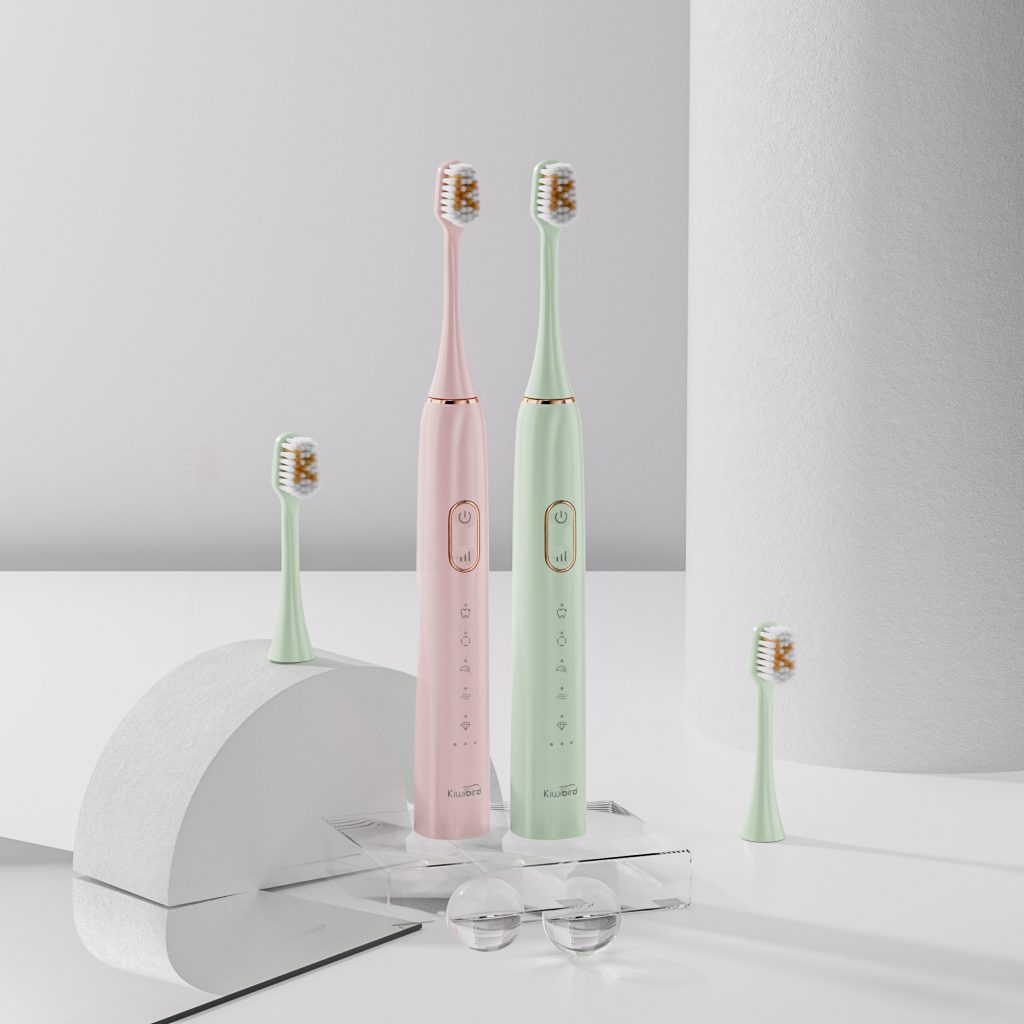
.jpg)
Why is Sonic technology essential for a Kids toothbrush?
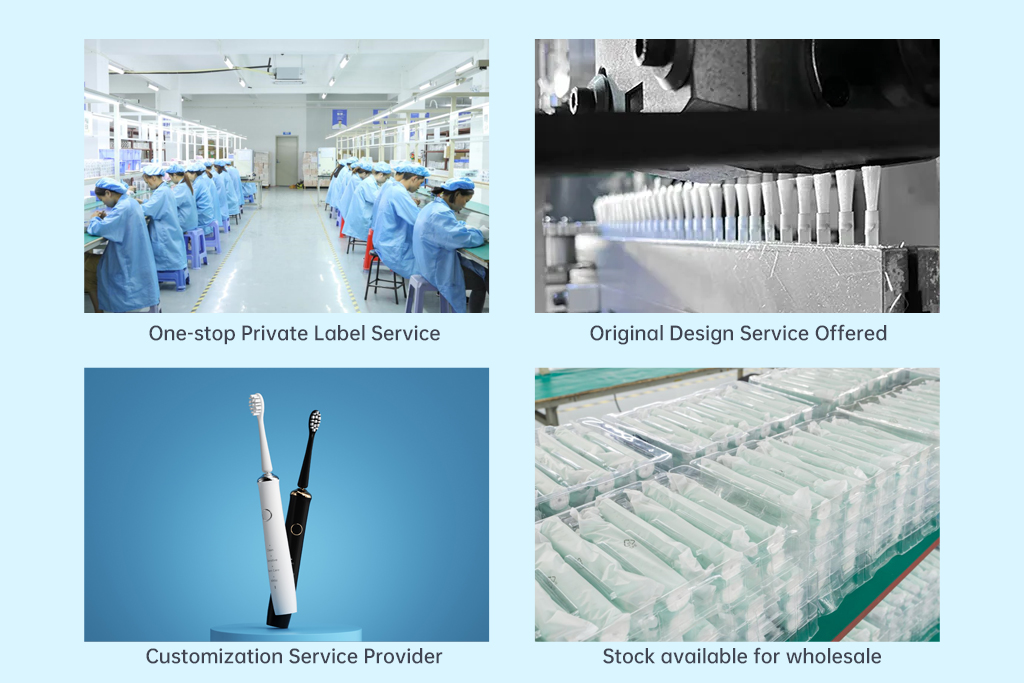
Targeting Wholesale & Distribution Channels for Electric Toothbrushes
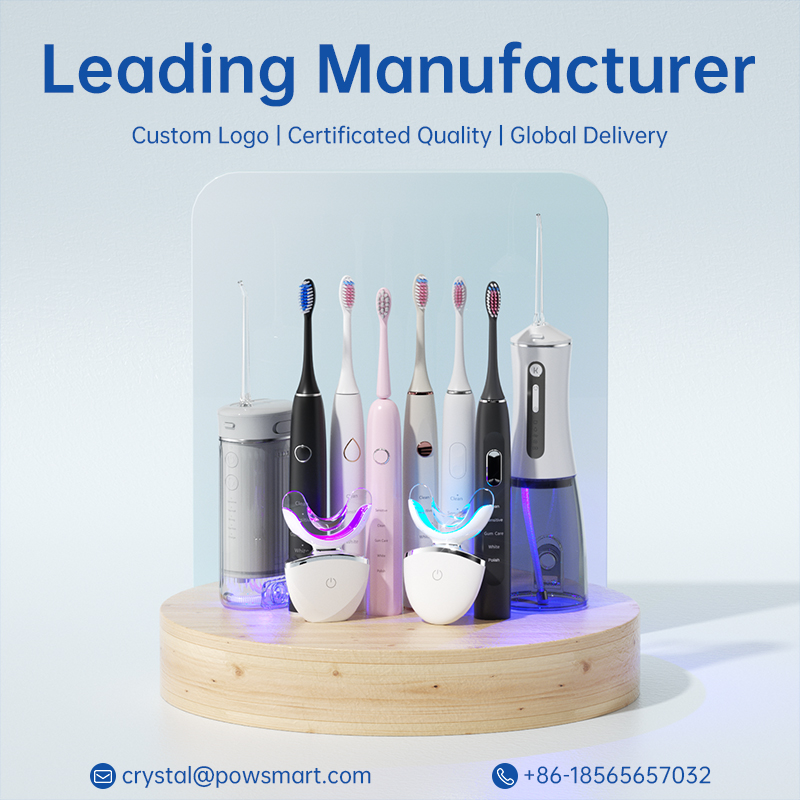
Targeting Specific Product Features for Successful OEM Partnerships
.jpg)
Are Electric Toothbrushes Allowed in Carry-On Luggage? A Guide for Travel Brands

How to Become a Distributor of Electric Toothbrushes – A B2B Guide
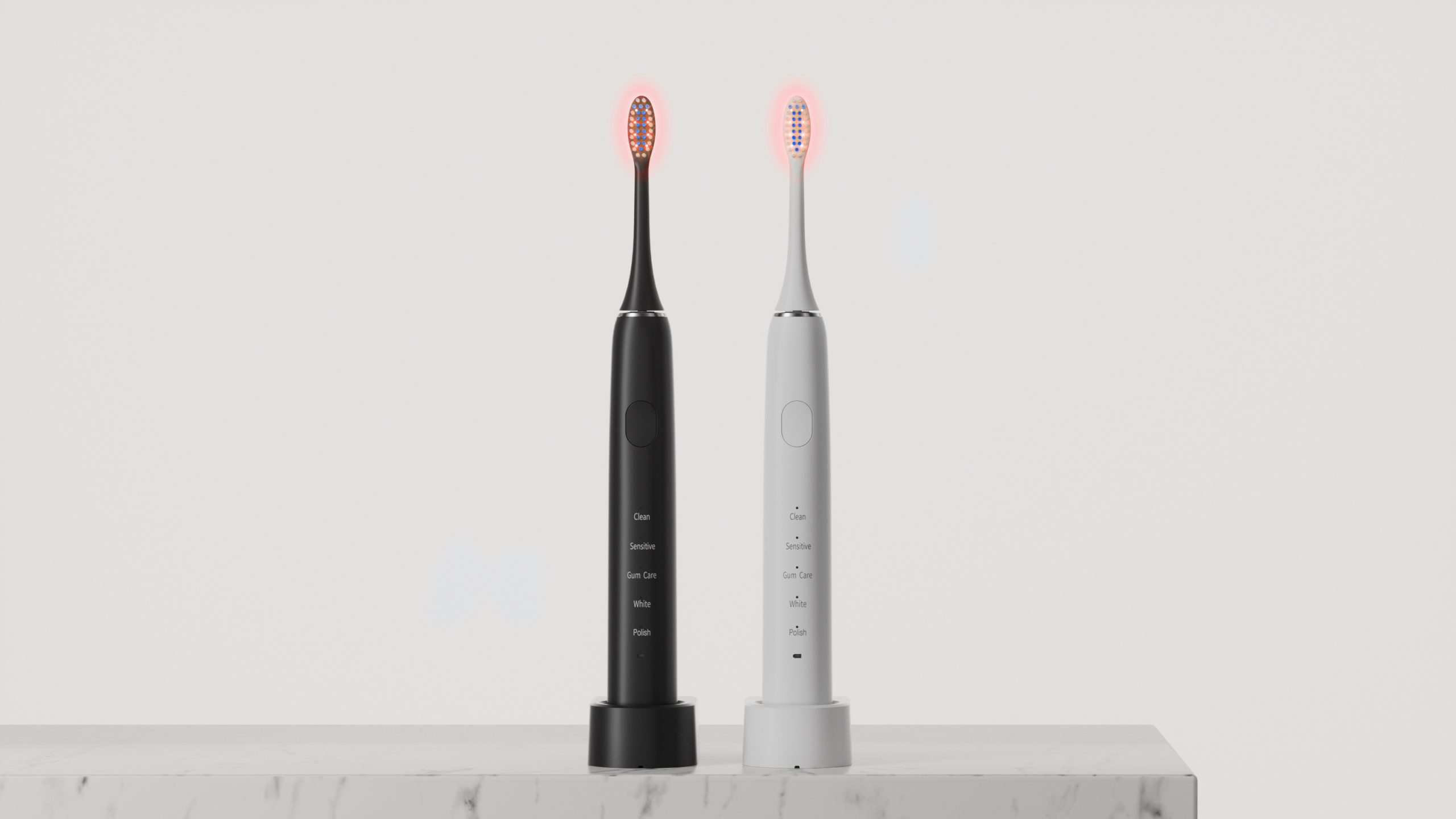
What Electric Toothbrush Do Periodontists Recommend? Insights for OEMs
Bellevue Wholesale Electric Toothbrush
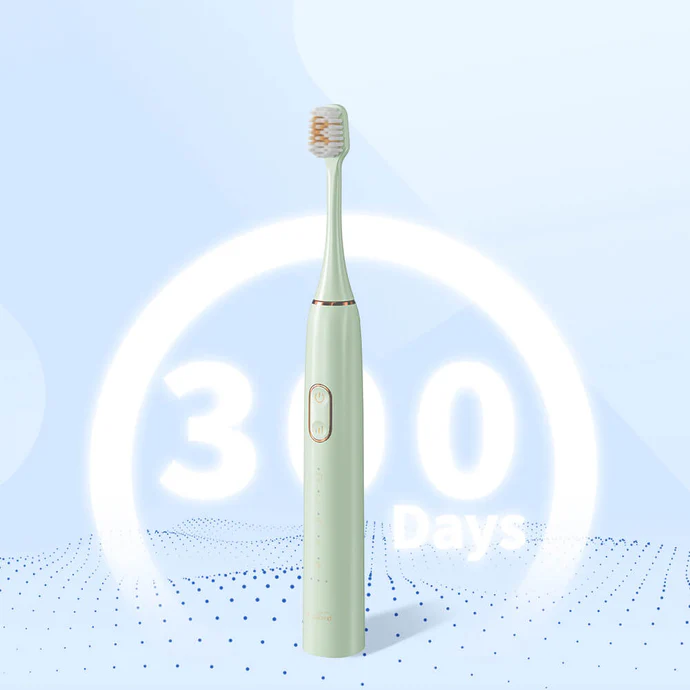
Cracked a crown? Tacoma repair services for dental crowns — fast?

Does an orthodontic brush simplify braces care?
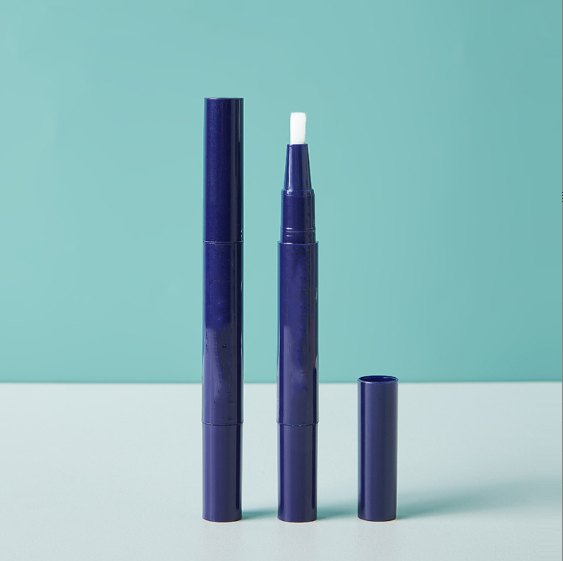
Private Label Whitening Gel
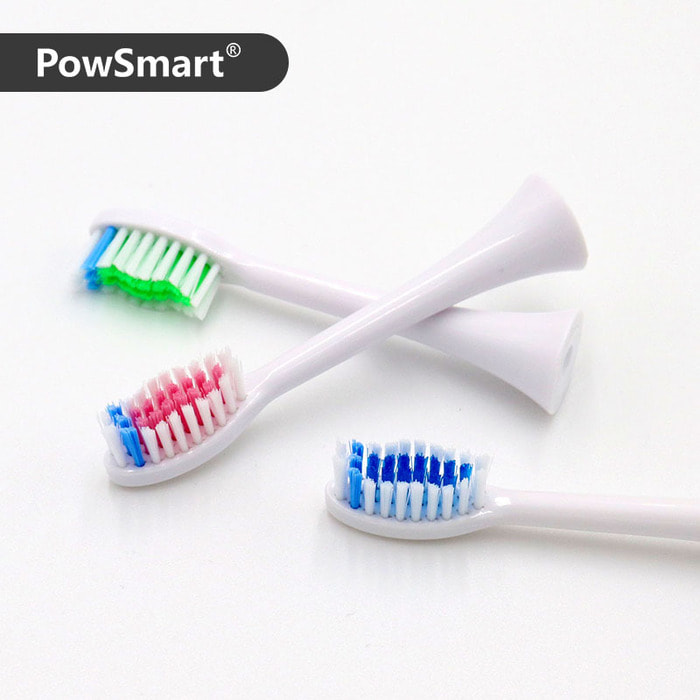
electric toothbrush heads Regular Clean
.jpg)
Florida Electric Toothbrush – Powsmart PTR-C8
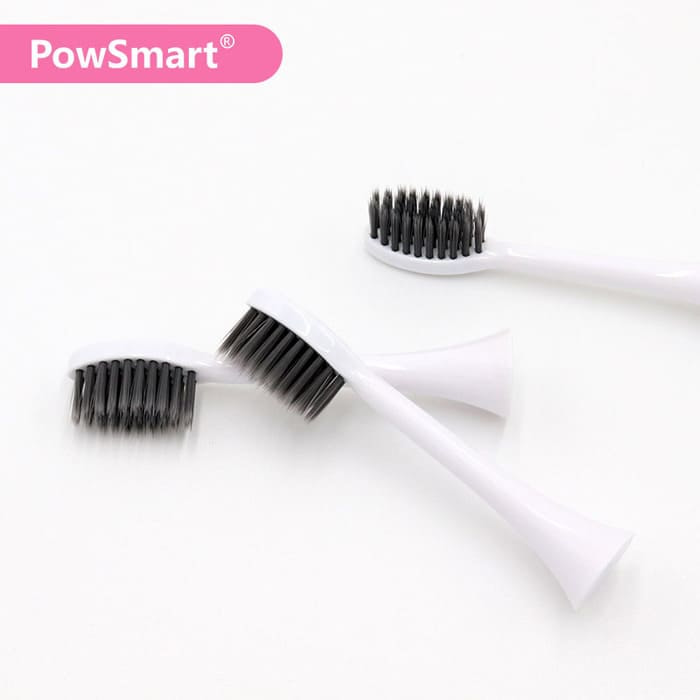
electric toothbrush heads Charcoal Infuse-Round
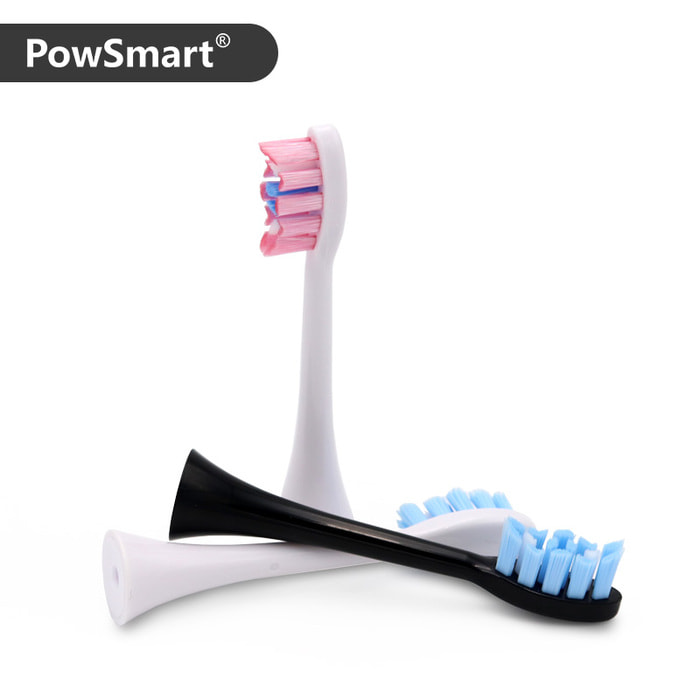
electric toothbrush heads Deep Clean
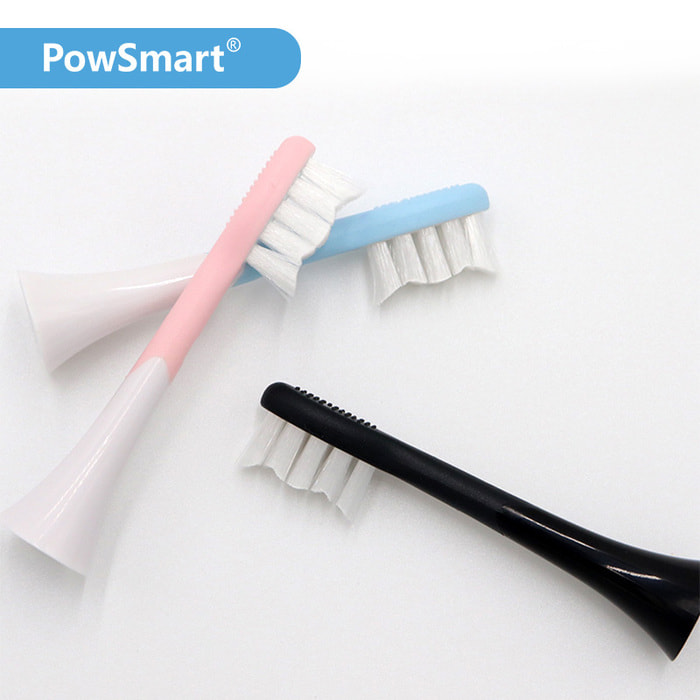
electric toothbrush heads Ultra Soft
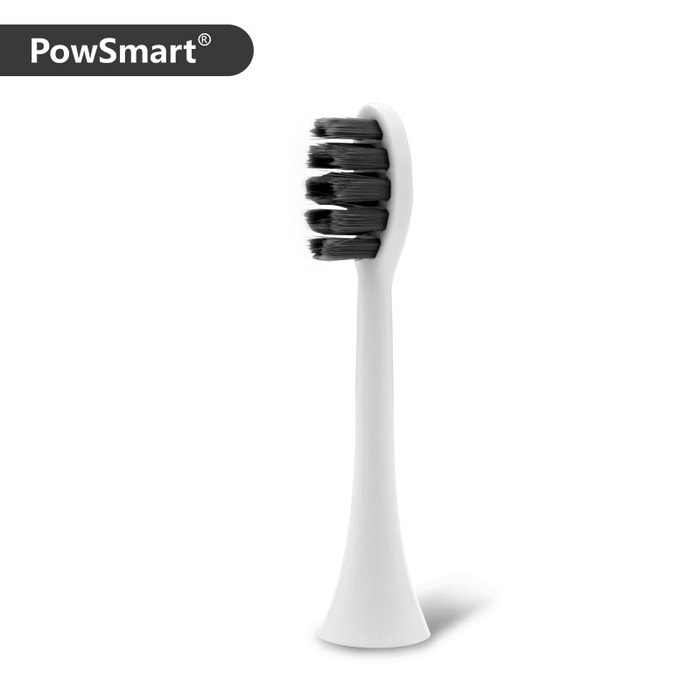
Electric toothbrush heads Charcoal Infused-Diamond
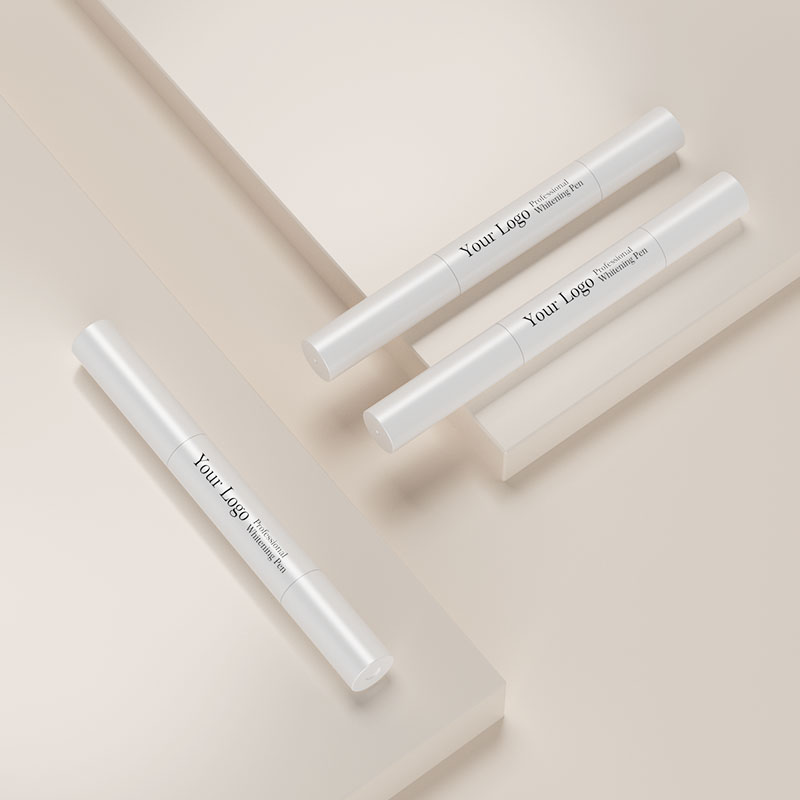
Customization Teeth Whitening Gel